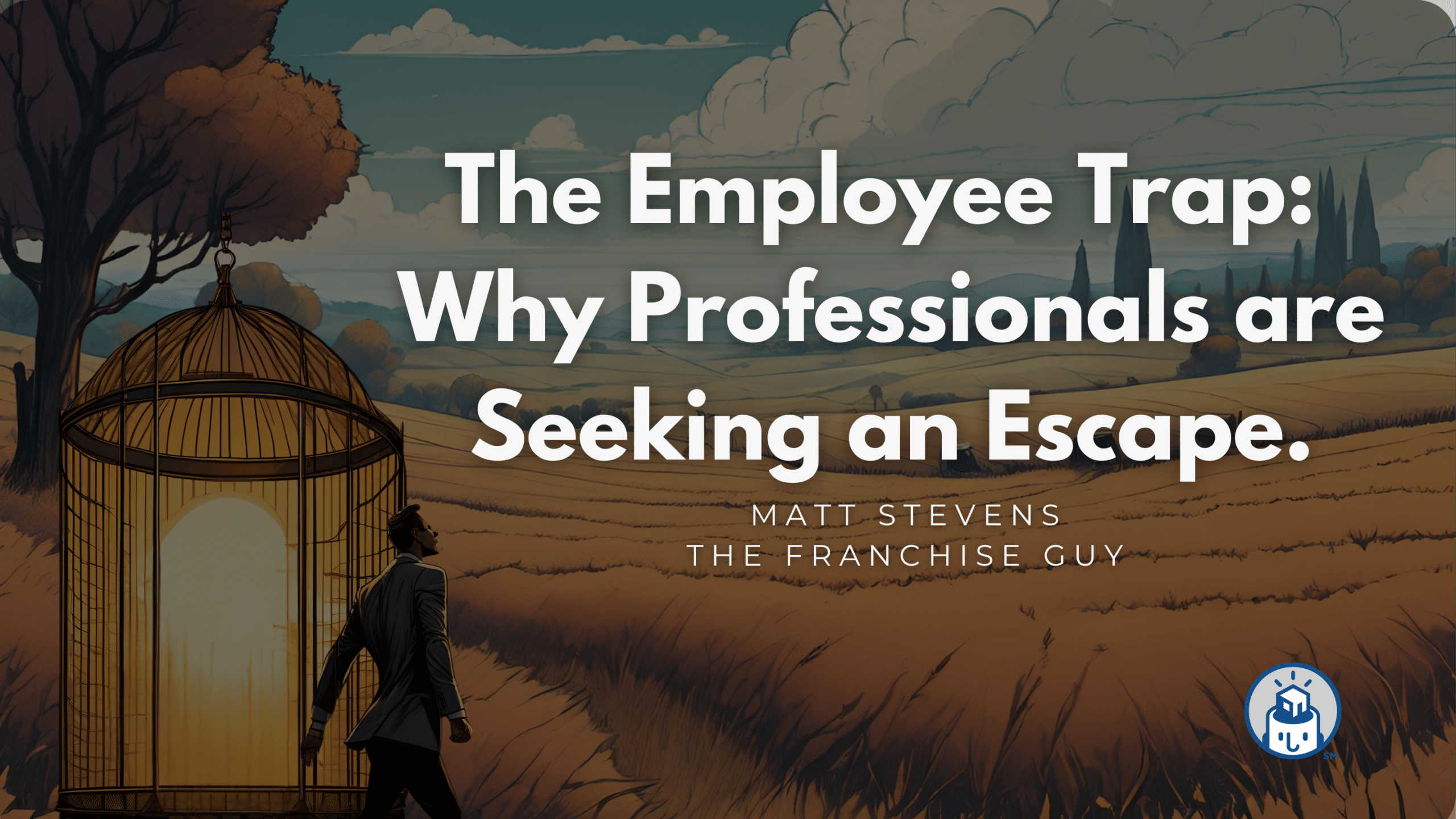Typical food courts aren’t exactly the stuff of hot-and-heavy dreams. At worst, they are dingy and depressing and, at best, present few unique options beyond the usual suspects of greasy Chinese, suspicious pizza and rack-heated hot dogs. Rather than a memorable experience, which research says is so important to younger customers, hitting up a food court is often like going to the gas station: filling up the tank so you can continue with your journey.
Knowing today’s consumers want a Snapchat-worthy meal, commercial developers across the country have embraced the trend of food halls, which are higher-end food courts with better choices and inspired architecture that tend to be located in central business districts. On paper, the differences between food courts and food halls are subtle, but in person, the distinctions are stark….
A franchise-forward food hall
There are no franchised restaurants in Revival or Chicago French Market, but that doesn’t mean the franchise community can ignore what’s happening here, especially with as many as 150 new food halls planned to open in the U.S. before 2020.
Garrick Brown, vice president of retail research at Cushman & Wakefield, said that lofty prediction includes halls that are under construction, as well as those that are proposed but “look like they’re going to happen.”
A well traveled fellow, Brown likes Revival, and added that Chelsea Market in Manhattan is one of his favorites for a tenant mix that includes a lot of fast-casual and what he called experimental restaurants, as well as cooking stores, and other stuff you’d find at a nice urban market.
“In the old days, being 10 years ago, you’d build a shopping center and put in food as an amenity for people there to buy clothes and it was an afterthought—this is the opposite,” he said of food halls. “You’re going there to eat and you’re going to do some shopping while you’re eating, and that might be the new model.”
He said food halls are expanding beyond the central business districts of top-tier cities, with projects coming in cities across the country, including smaller markets like Tucson, Omaha and Boise.
Leverage for owners
Andrew Moger, president and CEO of Branded Concept Development, agreed about the massive number of new food halls coming online in the next few years, and said the opportunity for franchises is particularly urgent for emerging concepts that would be natural fits for such an environment.
He said the operations and marketing will require flexibility from franchisors to fit into a food hall environment, but added the drive to fill so many bays at so many new food halls will give owners leverage in negotiations. “These food halls need to fill their stalls, so I would be very aggressive,” he said.
Outside of city centers, Moger expects to see developers adding food halls as amenities for residential buildings as well, including some suburban locations, especially with so many big-box retailers closing their doors leaving developers and mall owners in the lurch.
The lines between food court and food hall are admittedly esoteric, but it’s not a stretch to picture a food hall filled with a diversity of franchised brands and populated by the same crowd of hipsters, business people and sophistos.
Painting by the numbers, imagine walking in the door of a repurposed old building with the same mix of delightful signage, interesting lighting and flexible seating. Rather than exclusively local brands, instead, picture a roster that includes Nature’s Table, Slapfish, Burger 21, Salata, Hissho Sushi, PizzaRev, R Taco, The Halal Guys, Slim Chickens and World of Beer for a taste of the local brewery scene.
It’s just a fantasy, but I can picture it. How about you?
Tom Kaiser is associate editor at Franchise Times, and writes this column about urban tales in franchising in each issue. See full article here






